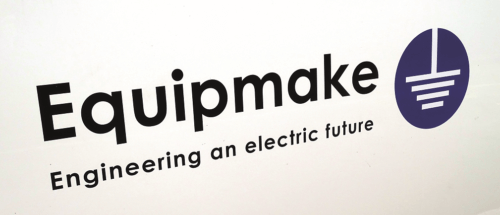 The electrification of buses is accelerating rapidly but coaches have been slow to make the transition. Could the retrofitting of zero-emission powertrains be the answer? Ian Foley, CEO of Equipmake, certainly thinks so
The electrification of buses is accelerating rapidly but coaches have been slow to make the transition. Could the retrofitting of zero-emission powertrains be the answer? Ian Foley, CEO of Equipmake, certainly thinks so
“Trying to predict the future is a mug’s game,” wrote Douglas Adams, author of ‘The Hitchhiker’s Guide to the Galaxy.’ His point being that humans aren’t particularly good at it, with bookshops full of forecasts from so-called experts whose guesses have very quickly proved wide of the mark.
But one thing is for sure – all transport sectors are going zero-emission. It’s not a matter of if, but when, and from an operator’s point of view, the really hard part is predicting the point at which to switch over.
While the bus sector is rapidly embracing electrification, the coach market is lagging behind – and it’s not hard to see why. There’s only one new electric coach available today in the UK, which not only costs considerably more than a new diesel model, but also comes with compromises on luggage capacity. Right now, if you have to buy a new vehicle, then the only option is to stick with diesel. Yes, that new fossil-fuelled coach may cost in excess of £500,000 but at least the cost can be absorbed over its 25-year lifetime on fleet.
[…]By subscribing you will benefit from:
- Operator & Supplier Profiles
- Face-to-Face Interviews
- Lastest News
- Test Drives and Reviews
- Legal Updates
- Route Focus
- Industry Insider Opinions
- Passenger Perspective
- Vehicle Launches
- and much more!


